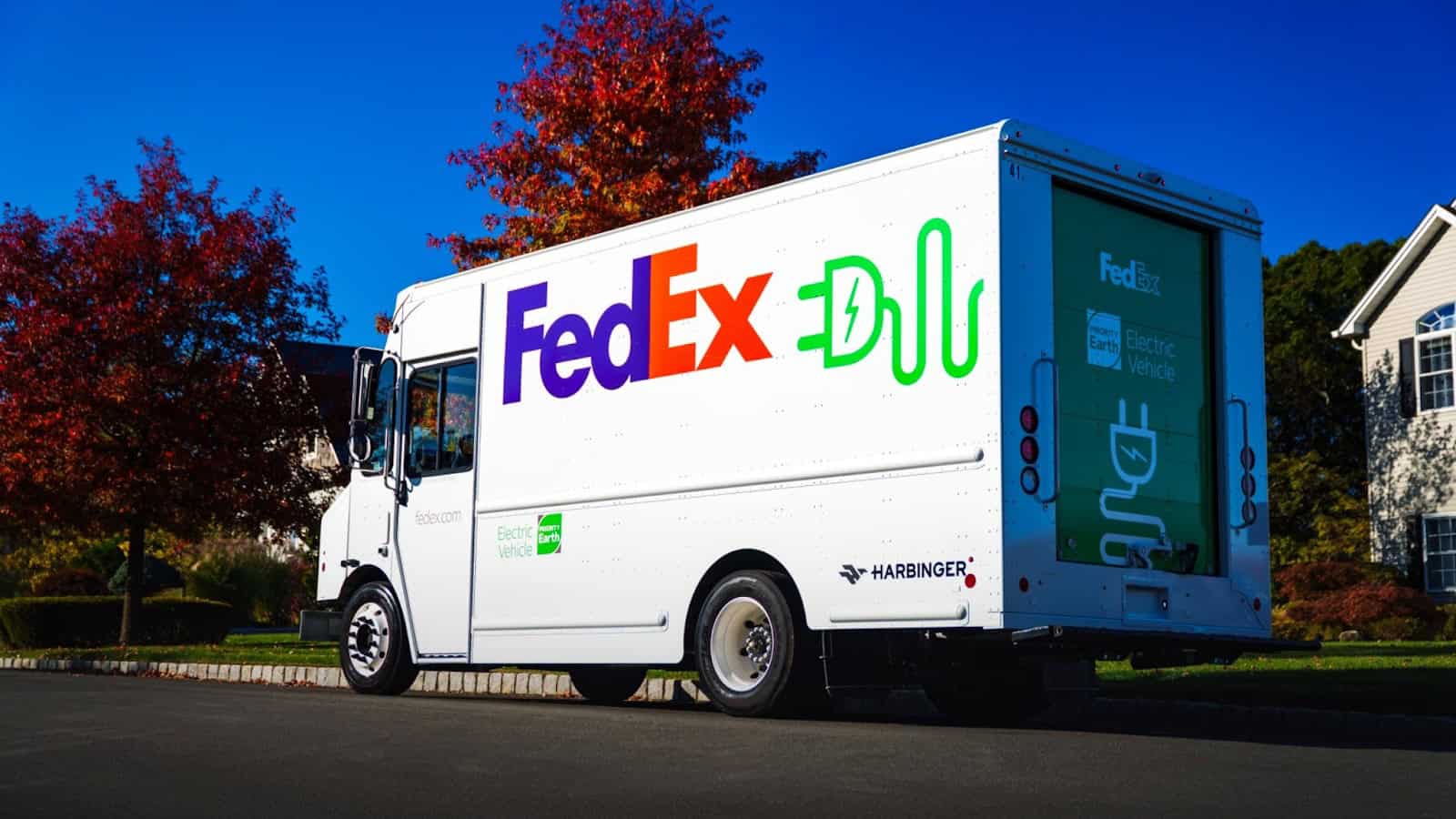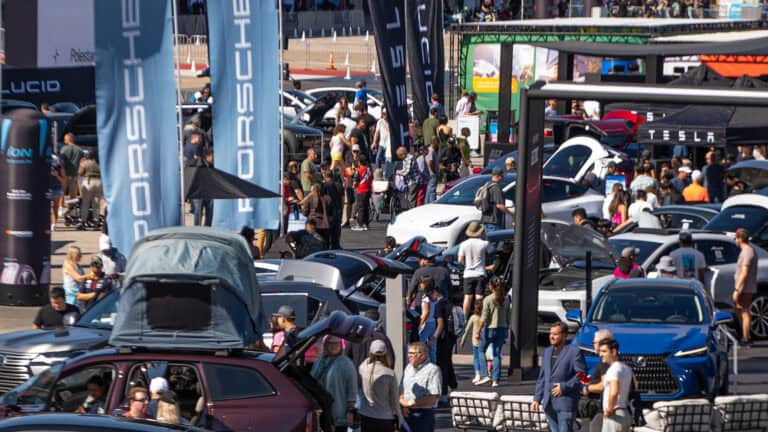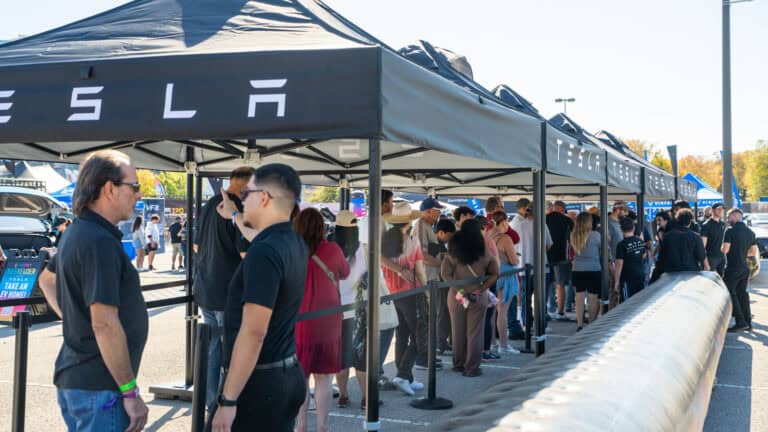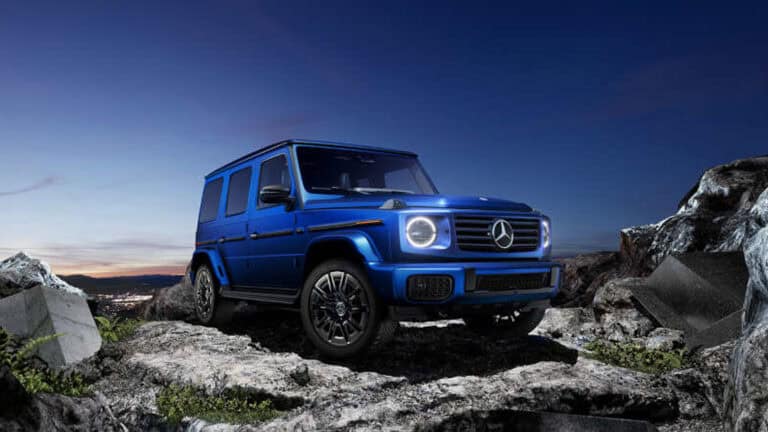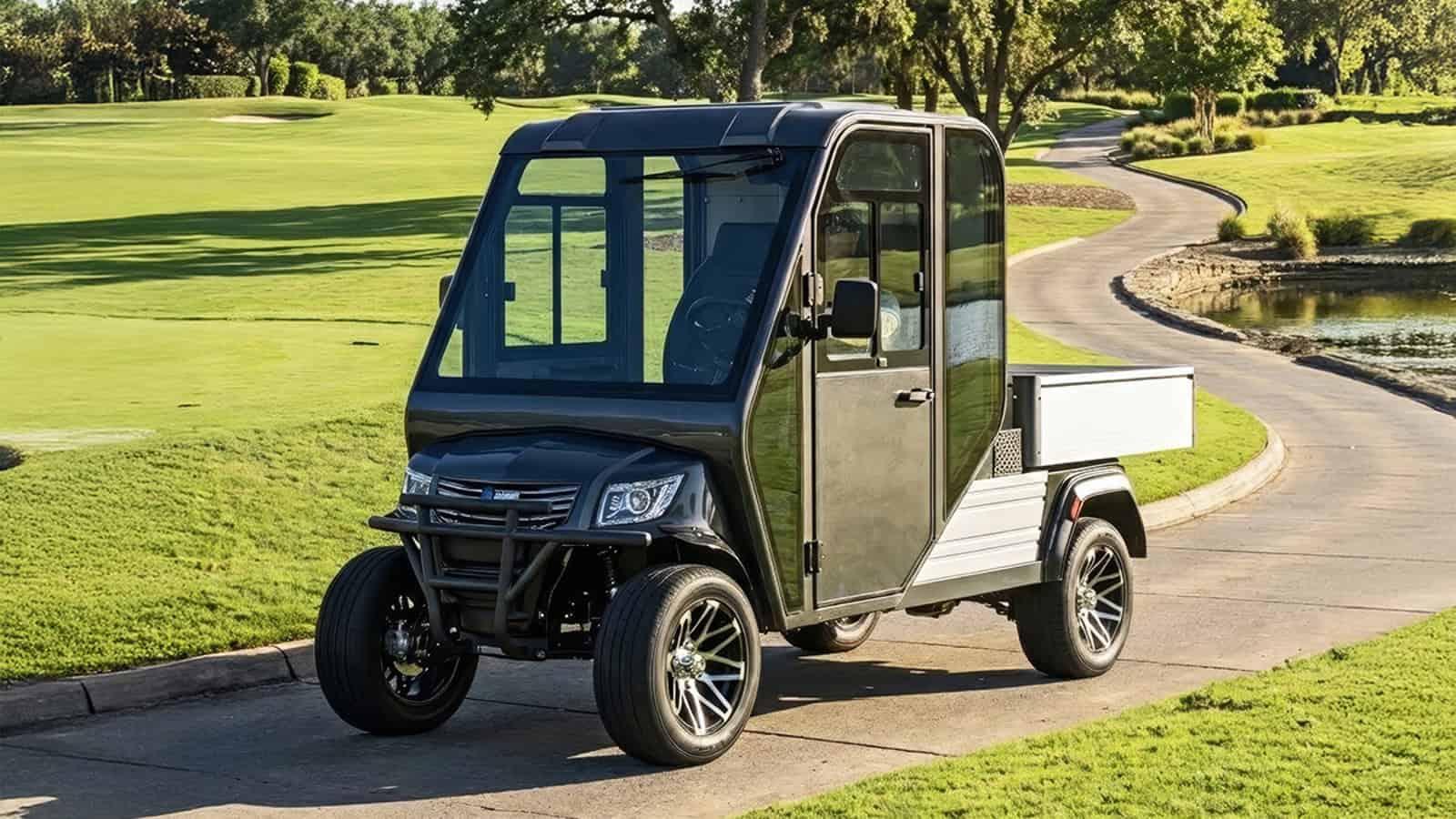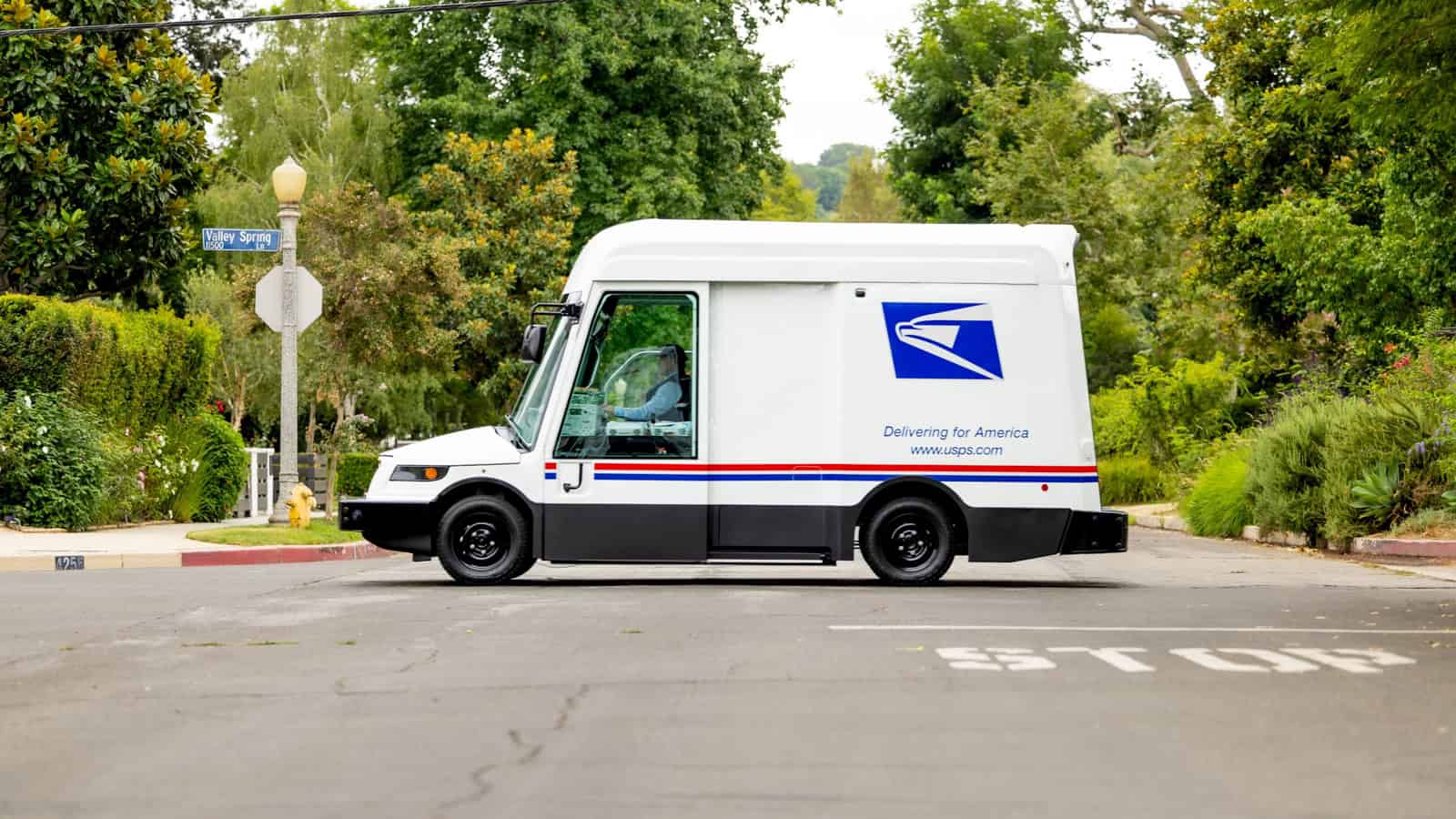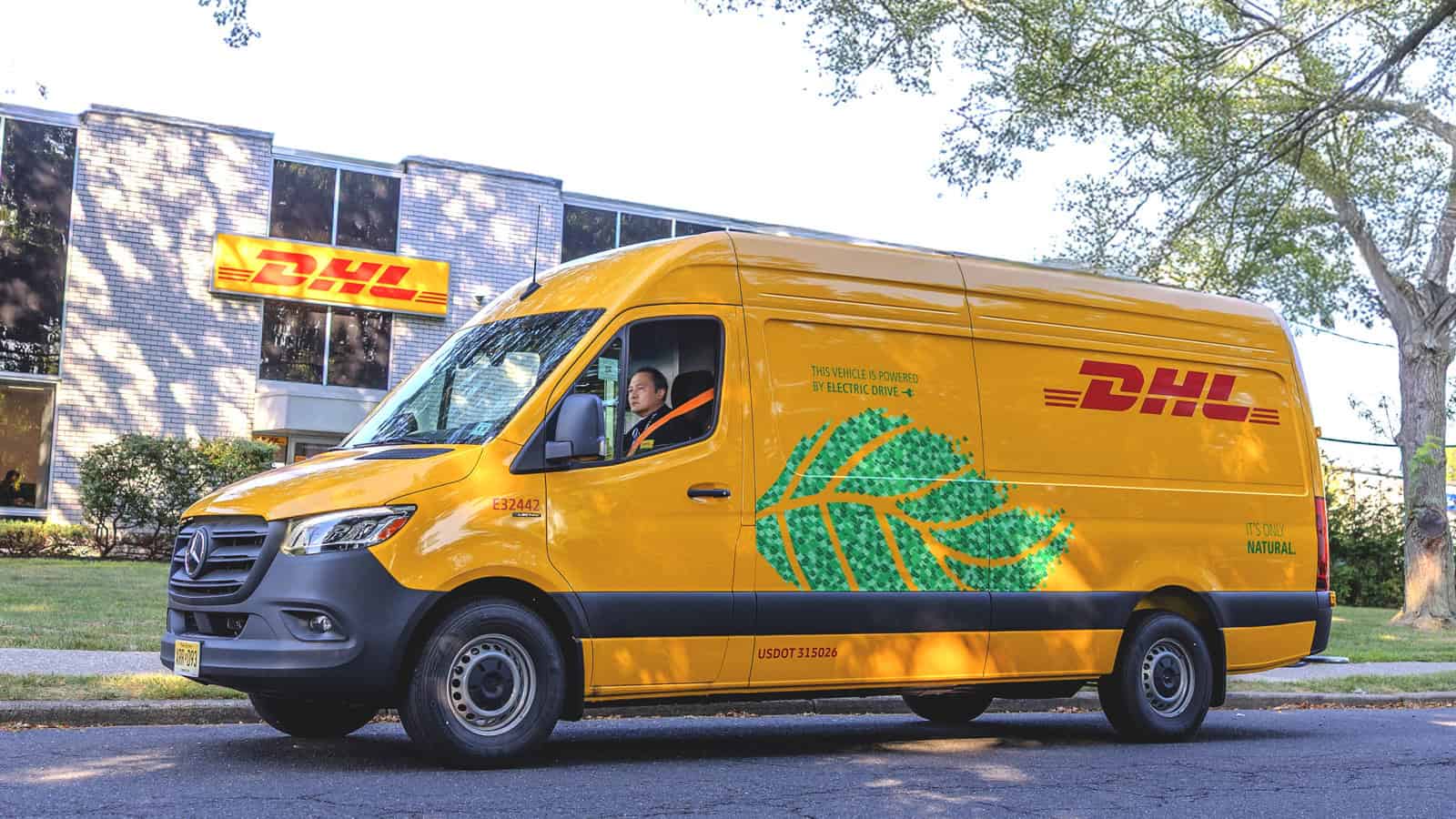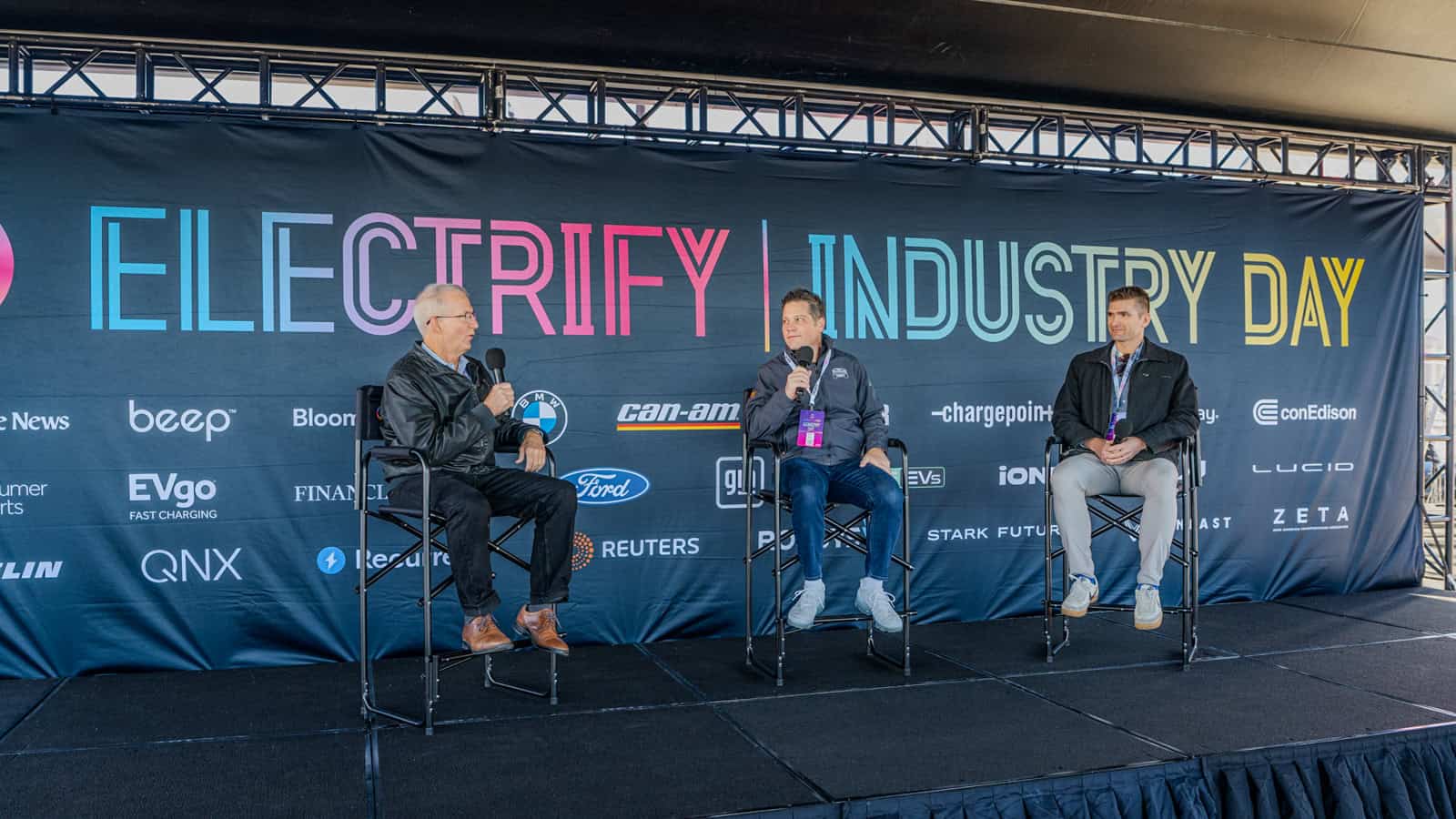- Harbinger just pulled off a medium-duty funding win that has FedEx jumping in with cash and orders.
- FedEx grabbed 53 of Harbinger’s electric trucks right out of the gate, hinting that something big is brewing inside their fleet strategy.
- THOR Industries backed the deal and already grabbed Harbinger’s platform for its Embark electric motorhome, creating a surge of interest across the RV space.
ADVERTISEMENT
Harbinger, an American maker of medium-duty electric and hybrid vehicles, secured $160 million in a Series C round co-led by FedEx, Capricorn Investment Group’s Technology Impact Fund, and THOR Industries.
What makes this interesting is how these trucks come from a clean-sheet approach rather than being slapped onto old diesel frames. Harbinger built its platform specifically for electric use, a stripped chassis with the drivetrain, high-voltage battery, steering, and braking systems all created in-house in Garden Grove, California.
You’re getting a purpose-built truck here, not a repurposed bus frame, and that alone changes the feel of the whole thing.
ADVERTISEMENT
According to Harbinger Co-Founder and CEO John Harris, “The level of investor support we’ve received reflects strong belief in the practicality of our platform, and our order from FedEx demonstrates that this vision is already taking shape in the market.”
Harbinger’s total funding now reaches $358 million, and FedEx putting money in while also placing an order for 53 Class 5 and 6 trucks says a lot. They are putting real dollars on the table, and those trucks are scheduled to arrive before 2025 wraps up, which means Harbinger’s platform is moving into real fleet use rather than sitting on a wishlist.
The hardware itself brings some real muscle. You get up to 13,400 lb-ft of torque at the wheel, a 42-foot turning circle that helps in tighter city routes, and independent front suspension that smooths out the daily grind for drivers.
The battery setup is modular, running anywhere from roughly 140 miles to past the 200-mile zone. Fleets with predictable routes, especially last-mile jobs, can dial in a configuration that matches the work instead of paying for range they do not need.
ADVERTISEMENT
Then you get to the manufacturing side. Plenty of electric trucks on the road start as old diesel designs. Harbinger pushes a different method. They build their key systems in-house and keep the engineering under one roof. They say this approach helps keep prices in a competitive zone and supports long-term durability.
In their own words, vertical integration “helps keep costs down, while providing a higher-performing, more durable solution than electric vehicles built upon existing diesel and gasoline platforms.”
The tie-ins with THOR Industries add another layer. THOR, the company behind names like Airstream and Jayco, increased its investment and already uses Harbinger’s chassis for the Embark range-extended electric Class A motorhome. That model can reach roughly 450 miles thanks to a gasoline range extender that recharges the battery pack. It shows the platform can handle more than delivery routes. It can carry a full motorhome platform too.
ADVERTISEMENT
As for the market itself, medium-duty trucks sit in a sweet spot between long-haul rigs and small vans. They usually run steady, predictable routes and return to base at night, so charging becomes far simpler to plan.
Harbinger estimates that close to 80% of medium-duty jobs can already be supported by full electric power. The remaining slice may still call for hybrid options.
The part people keep circling back to is scale. Can the company handle bigger volumes, keep parts flowing, manage service, keep uptime strong? Those questions always come up once fleets start paying close attention.
Still, the fact that well known companies are putting real money in, and placing real orders, suggests Harbinger is already moving out of the small-batch phase and stepping into something larger.
ADVERTISEMENT

IMAGES: HARBINGER
FTC: We use income-earning auto affiliate links. Learn more.


